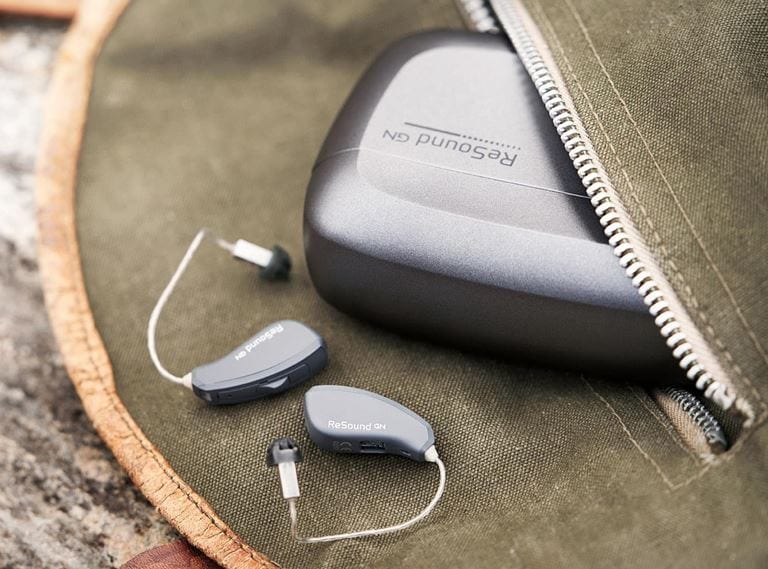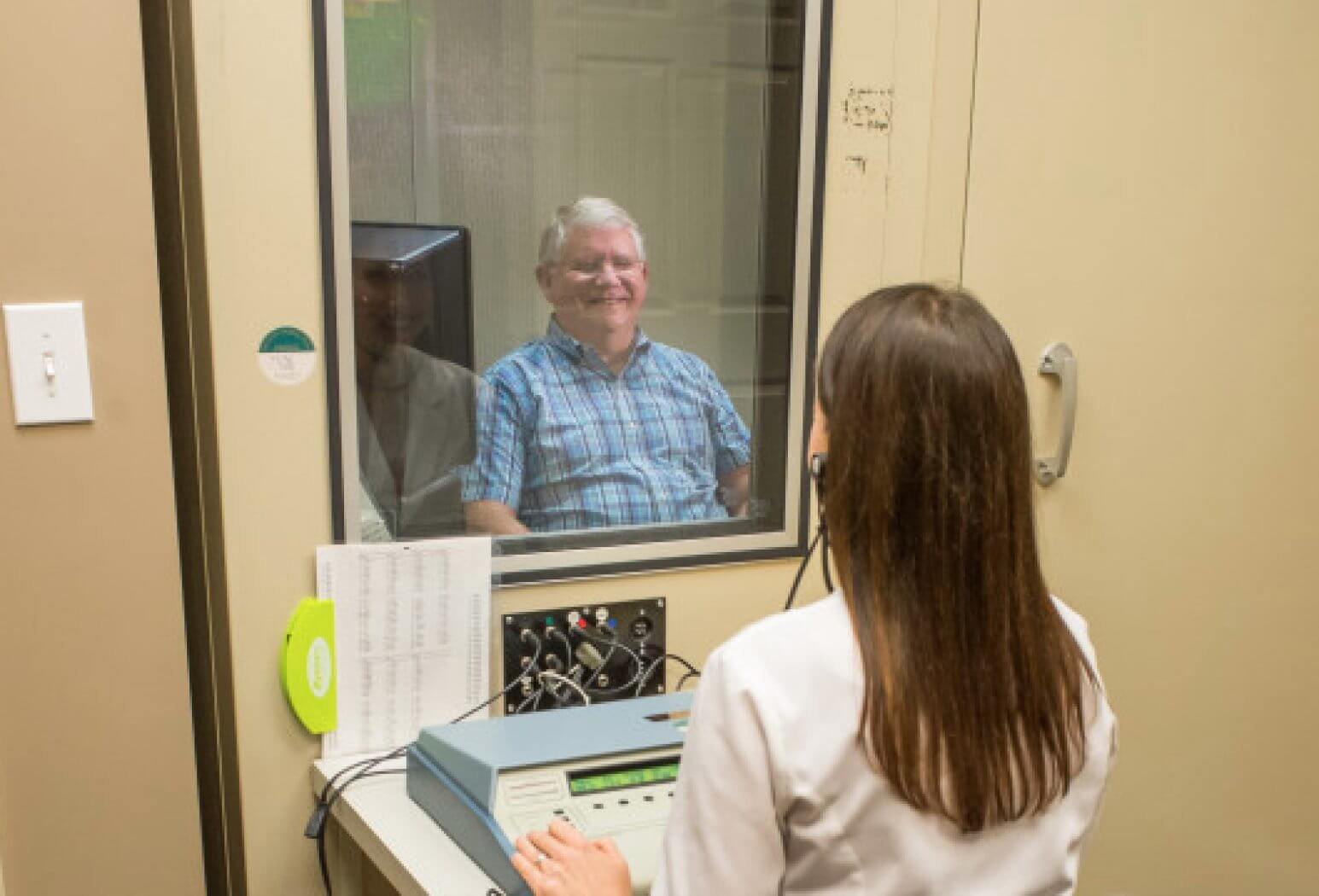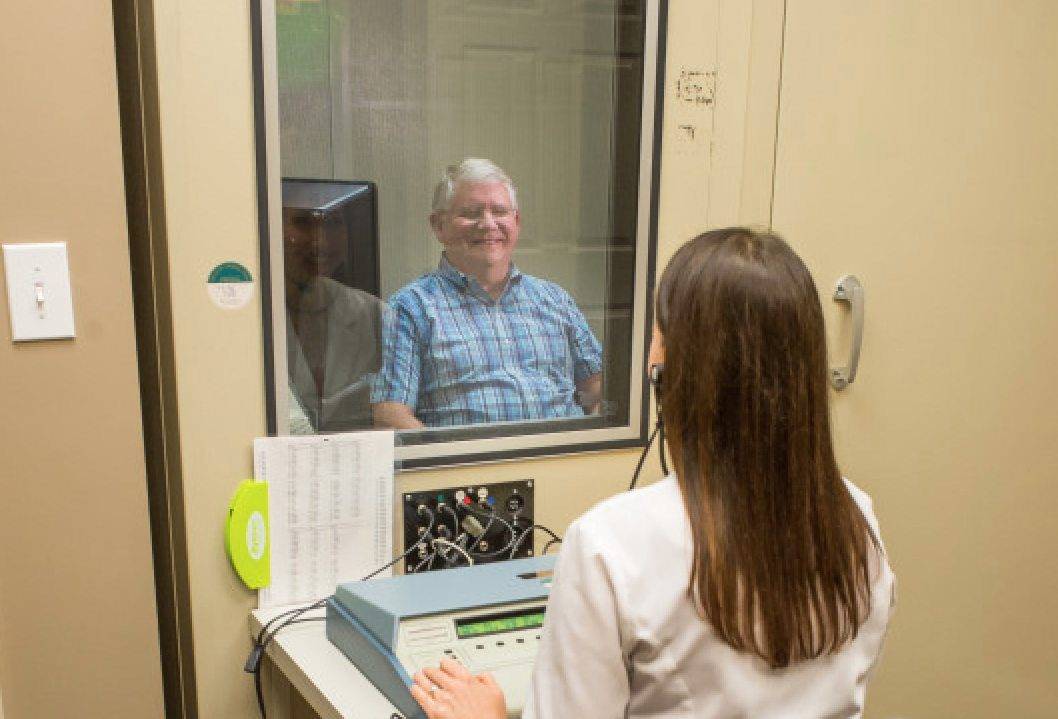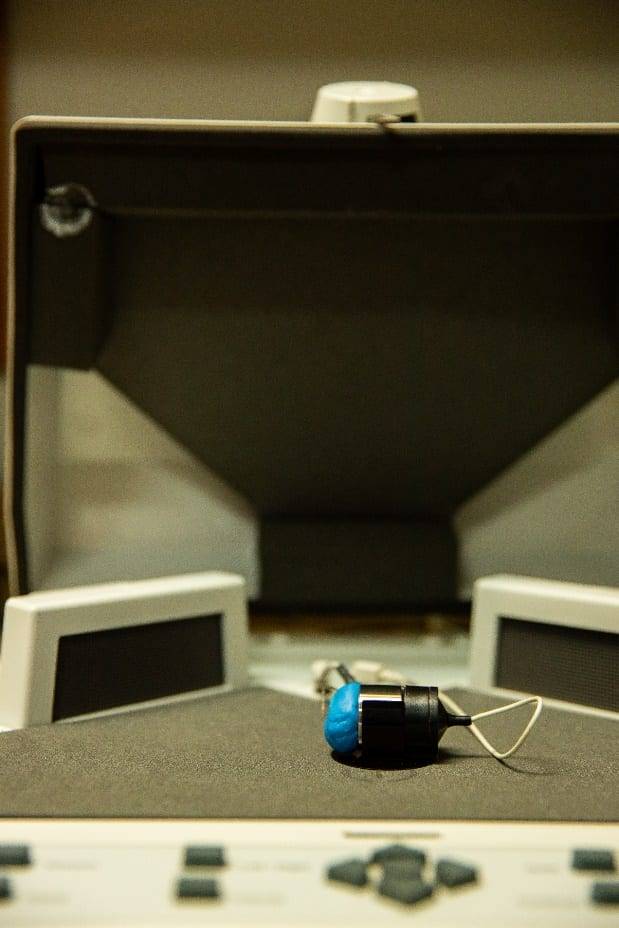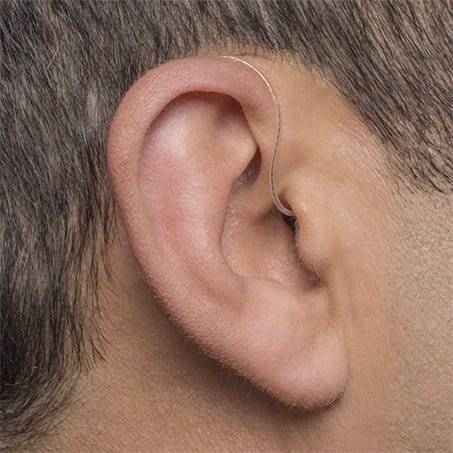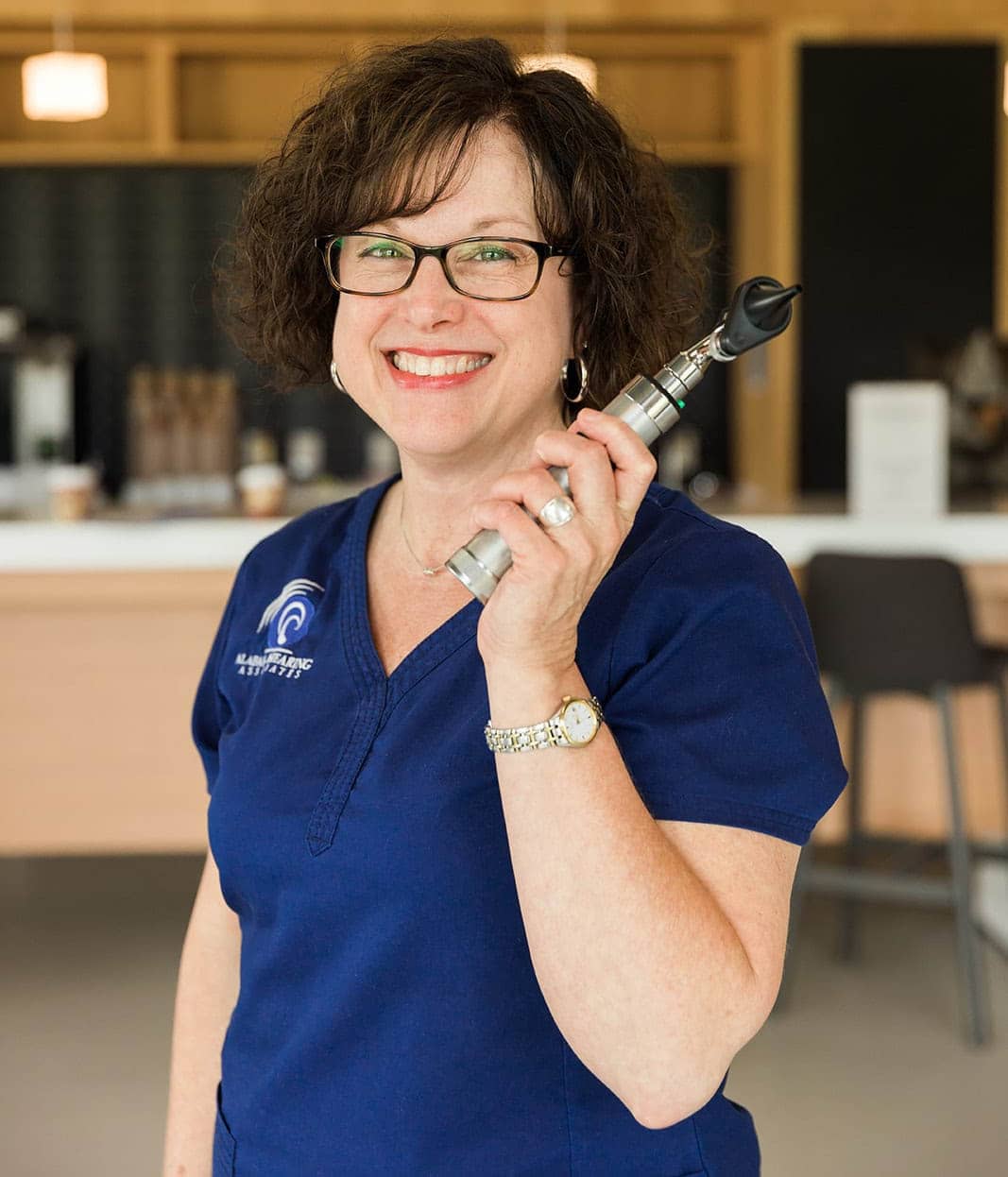As a doctor of audiology, an integral part of my practice includes identifying different types of hearing loss and their causes through various assessments and examinations. Once I have identified the type and cause, I am better able to apply the proper therapy or treatment to correct the hearing loss issue, restoring my patients’ hearing completely or in part. Because I believe in providing the Madison County community with a higher level of hearing health awareness, I am providing a short guide defining the two types of hearing loss and describing what an audiologist can do to help.
Conductive Hearing Loss
Conductive hearing loss can be a temporary or ongoing condition. The distinguishing characteristic of conductive hearing loss is that its primary cause relates to some sort of blockage or malformation in the outer or middle ear, which obstructs or prevents sound waves from completing their journey through the hearing pathway to the inner ear. Conductive hearing loss usually involves issues with the ear canal, eardrum, or the small bones in the middle ear.
Symptoms
Symptoms reported by patients who have a conductive hearing loss often include the sensation that sounds, even their own voice, seem to be far off in the distance, unclear, or muffled. Additional symptoms include sensations of increased pressure or pain in the ears, increased earwax buildup, and frequent sore throats from fluid drainage.
Common Causes
Varieties of causes contribute to conductive hearing loss. Temporary or simple causes may include:
• Earwax Buildup
• Swelling or Fluid from an Infection
• A Growth or Tumor in the Ear Canal
Complicated causes, requiring extensive treatment, might include:
• Perforation or Scarring of the Eardrum
• Otosclerosis. Abnormal growth or stiffening of the bones in the middle ear impeding the performance of these conductive structures
Treatment Options
The majority of conductive hearing loss conditions are easily corrected using medications or minor surgical procedures. Complex cases may require middle ear transplants or hearing aids to enhance or restore hearing.
Sensorineural Hearing Loss
Sensorineural hearing loss relates to sound wave transmission issues located in the inner ear. This form of hearing loss results from damage to either the hair-like nerve endings located within the cochlea or damage to the auditory nerve, which transmits sound signals to the brain for processing into identifiable sound.
Symptoms
Symptoms most often associated with sensorineural hearing loss include muffled sound, including your own voice, tinnitus (a continuous ringing, buzzing, or hissing sensation in the ears), or a reduced capacity to comprehend speech when visual cues are absent.
Common Causes
Various causes leading to this type of hearing loss include:
• Traumatic Injury
• Excessive Noise Exposure
• Viral Infections (measles or mumps)
• Ototoxic Drugs
• Meningitis
• Diabetes
• Stroke
• High Fever
• Meniere’s disease
• Acoustic Tumors
• Heredity
• Age Deterioration
Treatment Options
Hearing aids are the most common treatment option for sensorineural hearing loss in aging adults. Due to its success in treating children and young adults, a cochlear implant provides another viable treatment option.
Mixed Hearing Loss
There are only two types of hearing loss, but cases, where both types contribute to hearing impairment, are also possible. Mixed hearing loss includes causes and symptoms of both sensorineural and conductive hearing loss. These cases often accompany traumatic injury or infection. Causes and symptoms often present in a vice versa configuration in which symptoms of conductive hearing loss have a sensorineural cause or symptoms of sensorineural hearing loss are the result of a conductive cause. Mixed hearing loss treatments include surgical procedures, medications, and hearing aids targeted to correct each specific cause.
Audiologists have the expertise and equipment to identify the specific causes of all types of hearing loss in order to prescribe the most effective treatment or treatments for full or partial restoration of hearing. My team and I at Alabama Hearing Associates are passionate about providing top-level hearing health care to our patients in Huntsville and Madison County. Contact us to learn more about the various types of hearing loss or to set up an appointment in one of our North Alabama or Tennessee Valley locations.


